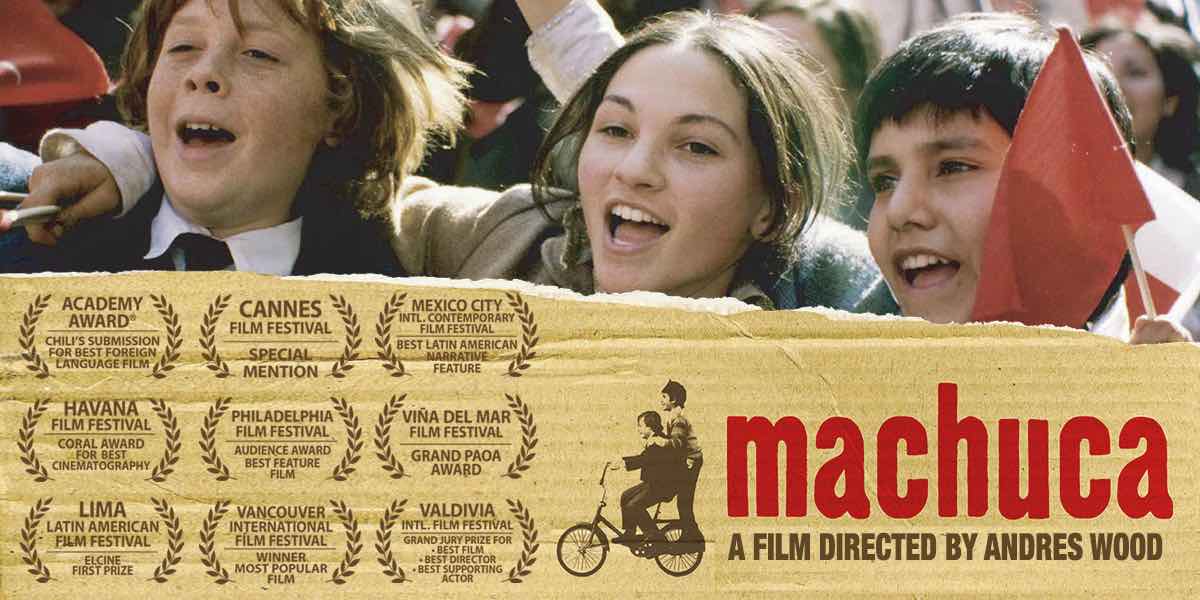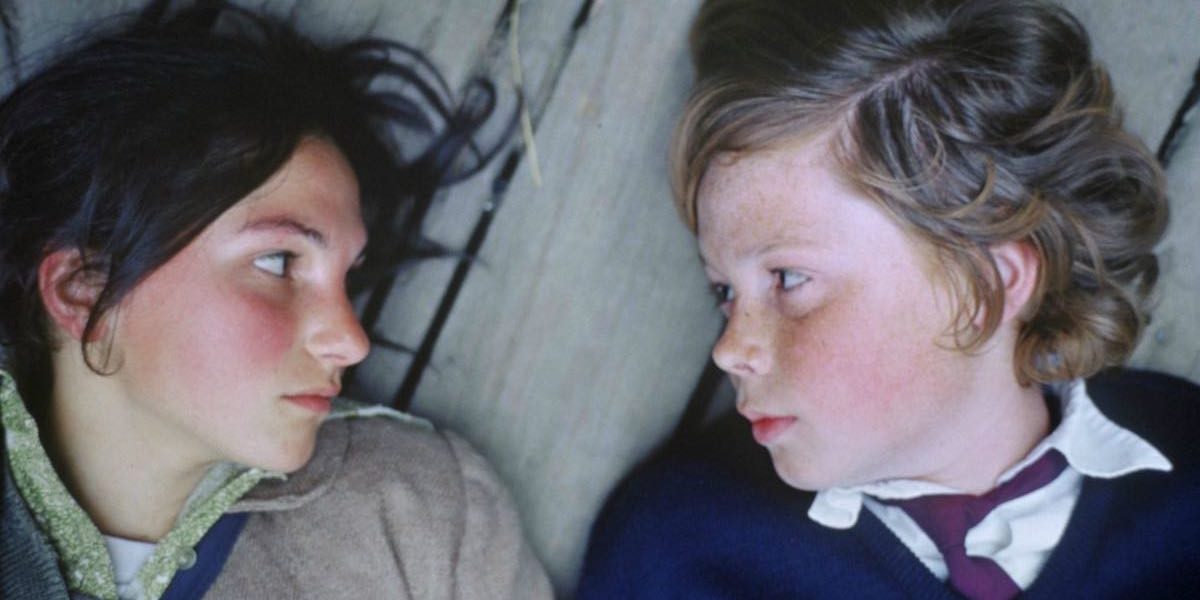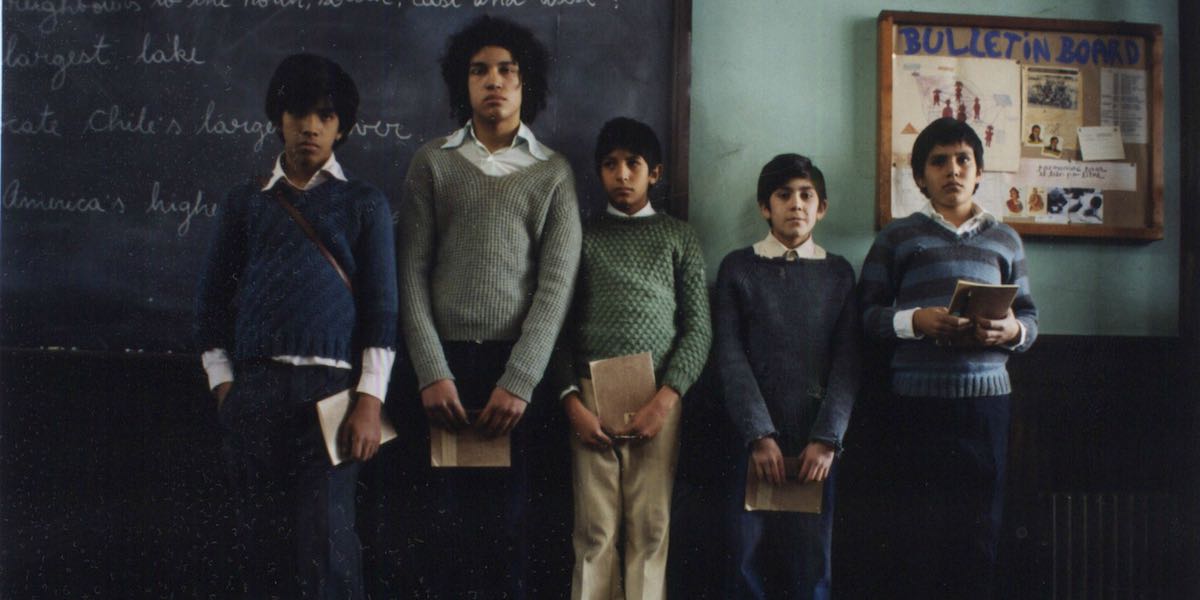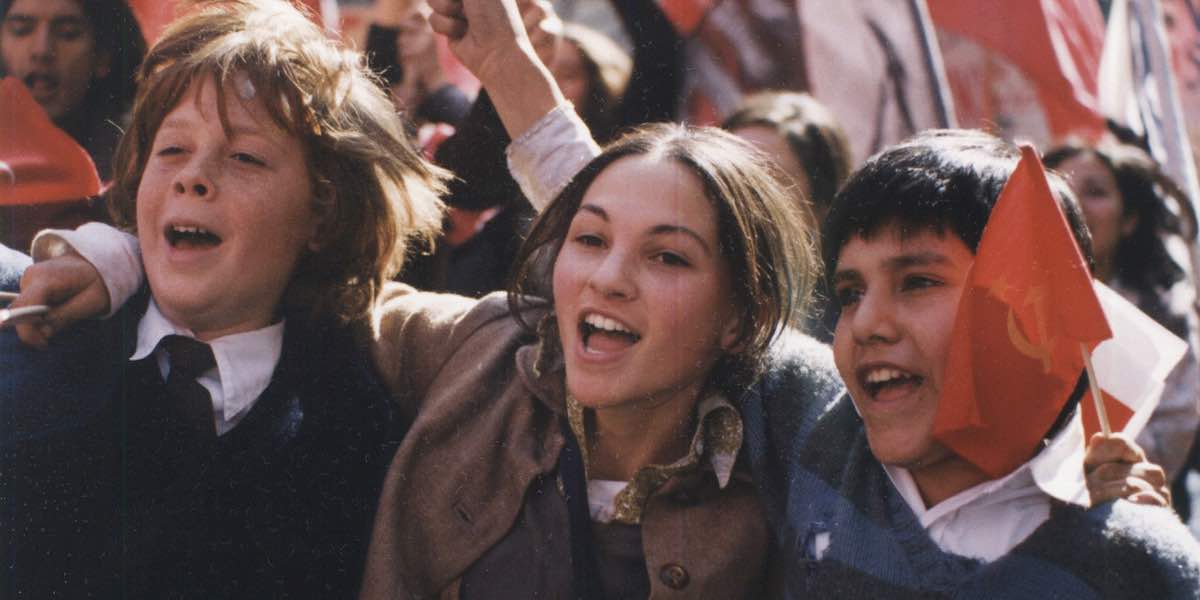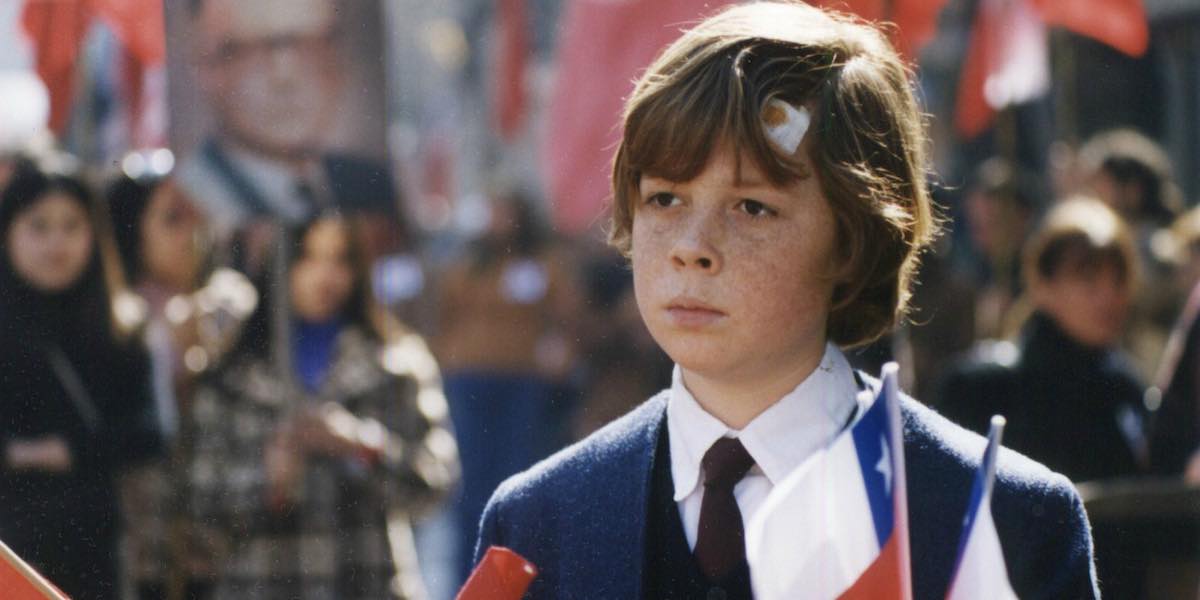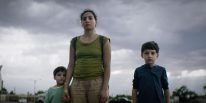ACADEMY AWARD® CHILE’S SUBMISSION FOR BEST FOREIGN LANGUAGE FILM
SECTION MODERN CLASSICS
The story takes place in Santiago in 1973 in the days leading up to the military coup, and is based on a real experiment carried out during the socialist government of Salvador Allende at Saint George’s College (Saint Patrick’s College in the film). The college scenes were shot at the East Campus of the Pontificia Universidad Católica de Chile and at the Barros Arana National Boarding School.
Gonzalo Infante (Matías Quer), an eleven-year-old boy, studies at Saint Patrick’s, a reputable religious school whose students come from the upper middle class of Santiago.
The headmaster, Father McEnroe (inspired by the rector of Saint George Gerardo Whelan and played by Ernesto Malbrán), brings a new group of children to the establishment, all of them from the popular class, in order to educate them without discrimination, in an attempt to promote mutual respect among students from different social classes. Among this group is Pedro Machuca (Ariel Mateluna). After some conflicts between the new classmates, a friendship is born between Gonzalo and Machuca. Both children visit each other’s homes on different occasions, and get to know their families and the internal realities they both live. At Pedro’s house, Gonzalo meets and falls in love with Silvana, a teenage girl neighboring Pedro.
However, the political climate of the time progressively deteriorates their friendship. The coup d’état of September 11, 1973, led by General Augusto Pinochet to overthrow the Popular Unity government of Salvador Allende, suddenly interrupts the relationship of these three friends. The direction of Saint Patrick passes into the hands of the Chilean Army, with the consequent dismissal of Father McEnroe, the expulsion of several students and the militarization of the school.
* Spanish language audio description available via All4Access App and/or .wav file when purchasing a DSL license.
Accessibility for these films was created by DICAPTA and funded under a grant from the U.S. Department of Education- Office of Special Education-OSEP, project “Enhanced Access to Video for Students with Sensory Disabilities through Emerging Technology,” TV Access H327C210001.
